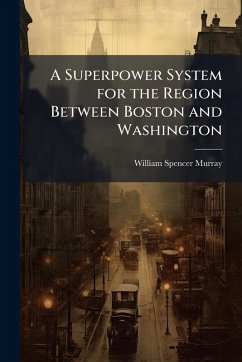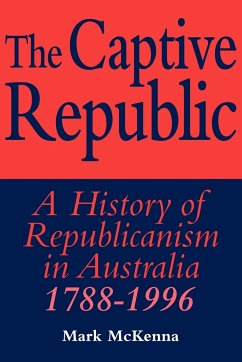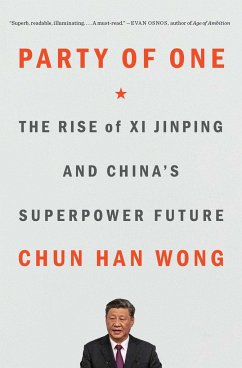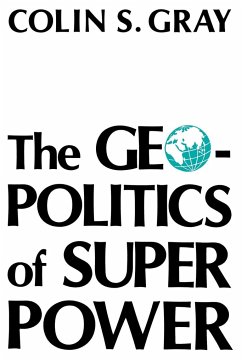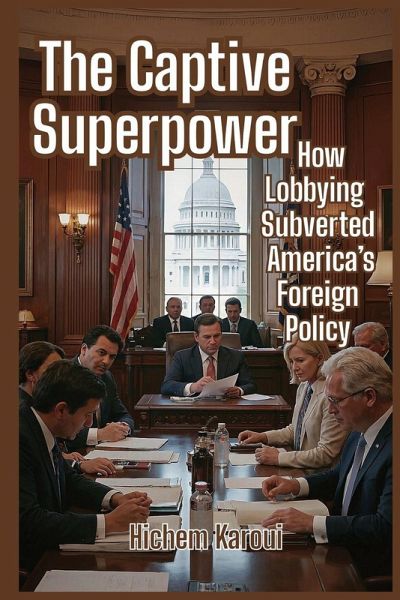
The Captive Superpower
How Lobbying Subverted America's Foreign Policy
Versandkostenfrei!
Versandfertig in 1-2 Wochen
39,99 €
inkl. MwSt.
Weitere Ausgaben:

PAYBACK Punkte
20 °P sammeln!
In a world where information circulates at unprecedented speed, the perception of a nation's credibility has become a crucial issue. This book offers a rigorous investigation of the forces that truly shape US foreign policy, far beyond public statements. It reveals how a web of financial, media and geopolitical interests has created a powerful system of influence that guides decisions at the highest levels of government.The book details the central role of financial power, from campaign contributions to the relentless lobbying of powerful interest groups. It highlights how these entities use t...
In a world where information circulates at unprecedented speed, the perception of a nation's credibility has become a crucial issue. This book offers a rigorous investigation of the forces that truly shape US foreign policy, far beyond public statements. It reveals how a web of financial, media and geopolitical interests has created a powerful system of influence that guides decisions at the highest levels of government.The book details the central role of financial power, from campaign contributions to the relentless lobbying of powerful interest groups. It highlights how these entities use their resources to shape legislation and secure policies favourable to their agendas, both nationally and internationally.The analysis extends to the media sphere, demonstrating how control of discourse has become a strategic weapon. The author explains the symbiotic relationship between political institutions and the mainstream media, a dynamic that promotes the dissemination of biased narratives and the marginalisation of critical perspectives. This manipulation directly affects how American actions are perceived around the world and serves to garner public support for controversial policies.Using the relationship between the United States and Israel as a central case study, the book illustrates these mechanisms in concrete terms. It analyses American media coverage of settlement projects and how Washington's policy aligns with a specific geopolitical vision, at the risk of undermining its own global credibility.Ultimately, this book argues that the America that fought fascism has given way to a power whose actions increasingly serve the interests of big capital through unpopular wars. It is essential reading for anyone seeking to understand the hidden dynamics of power, the complexity of modern international relations and the true cost of influence.






